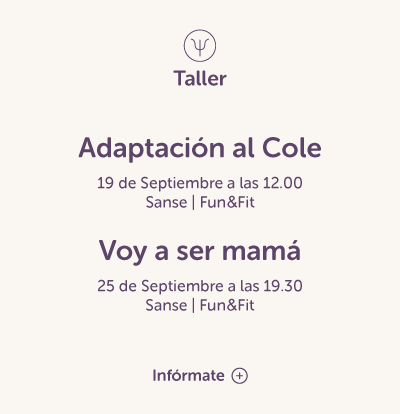The reliability of heating, ventilation, and air conditioning (HVAC) systems heavily depends on rigorous testing and certification processes. Accredited testing laboratories play a critical role in this certification landscape, ensuring that equipment meets stringent standards before it reaches consumers.
In the context of HVAC, performance certification is not merely a formality; it signifies that the equipment has been thoroughly evaluated for its effectiveness and safety. Accredited labs conduct detailed assessments, checking everything from energy efficiency to emissions, which contributes to public trust in these technologies.
Another vital aspect covered by testing labs is equipment calibration. Proper calibration guarantees that HVAC systems operate at optimal levels, maximizing performance while minimizing waste. This meticulous process not only enhances functionality but also extends the lifespan of the equipment, benefiting both manufacturers and consumers alike.
Understanding Accreditation Standards for HVAC Testing Labs
Accreditation standards play a significant role in ensuring that HVAC testing labs maintain high-quality practices for accurate and reliable results. Adherence to these standards guarantees that tests such as duct leakage checks, equipment calibration, data logging, and noise level testing are conducted following predefined protocols.
One key organization responsible for establishing these standards is the International Organization for Standardization (ISO). Their guidelines help labs achieve consistency in testing procedures and reporting outcomes, thereby enhancing the credibility of their certifications. Compliance with ISO standards ensures that a lab’s methods are validated and that results are reproducible, providing confidence to both manufacturers and consumers.
Another important aspect of accreditation involves regular audits and evaluations by recognized bodies. These evaluations confirm that labs not only meet the initial criteria but continue to uphold stringent quality measures over time. By maintaining accreditation, HVAC testing labs demonstrate their commitment to excellence, which is crucial in a competitive marketplace.
Customers seeking certified HVAC products should prioritize working with accredited labs. Such labs are equipped with advanced technology and skilled personnel, ensuring that the testing processes, including duct leakage checks and noise level testing, are performed accurately. This minimizes risks associated with poor HVAC performance and enhances overall system efficiency.
For more information on accredited testing labs and HVAC services, visit https://lamechanicalac.com/.
Key Testing Procedures and Their Impact on HVAC Certification
Various testing procedures play a critical role in the HVAC certification process, ensuring that systems meet industry standards for performance and reliability. One significant procedure is performance certification, which evaluates the efficiency and effectiveness of the HVAC system under controlled conditions. This testing not only verifies that the equipment operates as intended but also provides essential data for manufacturers to improve their designs.
Another important aspect is airflow verification. This procedure assesses the airflow rates and pressure differences within the system, confirming that the equipment delivers the specified air volumes necessary for optimal indoor climate control. By accurately measuring airflow, testing labs can identify possible issues that could affect system performance and energy consumption.
Incorporating these testing procedures into HVAC certification ensures that products are safe, reliable, and perform to consumer expectations. Certified systems are more likely to operate efficiently, which can lead to reduced energy costs and improved environmental sustainability. Thus, rigorous testing by accredited labs is fundamental for maintaining high standards in the HVAC industry.
How to Choose the Right Accredited Lab for HVAC Products
Selecting an accredited lab for HVAC product testing is a critical step in achieving reliable performance certification. Begin by ensuring the lab holds relevant accreditation specific to HVAC testing standards. This demonstrates compliance with established industry benchmarks, enhancing the credibility of certification results.
Examine the lab’s capabilities in various testing procedures, such as data logging, duct leakage check, and airflow verification. It’s important to choose a lab that offers comprehensive testing services tailored to your product’s requirements. Look for facilities equipped with advanced technology that can accurately measure performance metrics relevant to HVAC systems.
Inquire about the lab’s experience with similar products and its track record in providing timely and precise results. Client testimonials and case studies can provide further insights into their reliability and expertise. Transparency in testing methods and procedures is crucial; therefore, ensure the lab communicates clearly about testing protocols and anticipated timelines.
Cost is another factor to consider, but it should not compromise the quality of testing. Evaluate quotes from different labs while comparing their services and reputation. A lower price may sometimes indicate lesser quality, which can impact your certification process negatively.
Finally, ensure the lab offers ongoing support post-testing, such as assistance with interpreting results and compliance guidance. This collaboration can streamline the certification process, making it easier to bring your HVAC products to market successfully.
